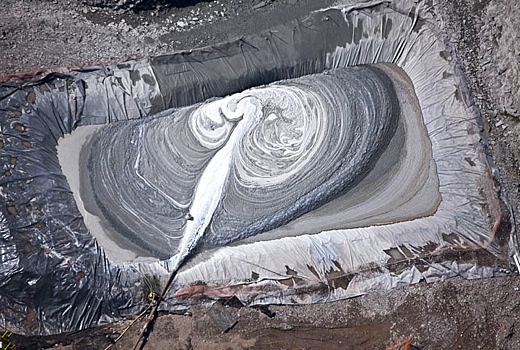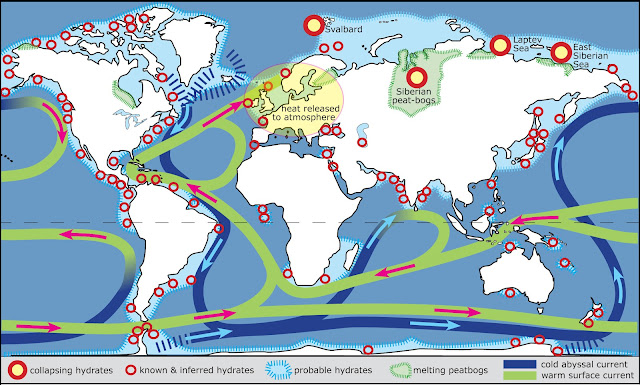
Jake Greear
Johns Hopkins University
Before the current political cycle no one could have predicted the rise of Donald Trump the candidate. Not with any certainty. But now, with the primary endgame looming, no one can deny its importance. What accounts for his surprising success? We hear that he is tapping into the frustrations and fears of the working class in economic decline. But it isn’t as if Trump is the first candidate to try to speak to a falling lower middle class.
The current narrative attributes his success to his status as an “outsider” who “tells it like it is.” American political institutions are suffering from a great crisis of public confidence. Insiders are out, and the financial independence of Trump’s campaign plays into the “outsider” narrative. Most candidates are dependent upon donors, and therefore upon allies. Trump’s obscene wealth means he needs no donors. He needs none of his peers on his side. Good thing for him, because he has few. Trumps Id-driven rhetoric plays well with spectators,
 but not with friends. And as famous people often attest, at the end of the day fans are no substitute for friends. Bullies frequently act from a place of friendlessness, not just because meanness arises from an emptiness of the heart, but also because of the simple calculus of having little to lose by playing the ass. So, there is some explanatory power in the “Trump the outsider” storyline.
but not with friends. And as famous people often attest, at the end of the day fans are no substitute for friends. Bullies frequently act from a place of friendlessness, not just because meanness arises from an emptiness of the heart, but also because of the simple calculus of having little to lose by playing the ass. So, there is some explanatory power in the “Trump the outsider” storyline.
An additional explanation is that Trump is tapping into the repressed “dark underbelly” of the republican mind--i.e. white racism. This is true, and of course it is enabled by his outsider status, for the reasons just mentioned. Given his bald-faced bigotry and unapologetic fascistic tendencies, it is painful to see Trump given even the dignity of a Sunday talk show, much less a podium on a national debate stage. However, while this is a particularly foreboding aspect of Trumpism, it too is only a partial explanation.
Trump’s rise has something to say about the politics of wealth, media, and demagoguery. It also has something important to say about just how far we have not come since segregation. But what these story-lines miss is the suicidal nihilism that sits alongside xenophobia at the heart of the Trump movement.
The nation is experiencing a certain kind of economic decline, but most of the voters supporting Trump are not starving and homeless. They are not even altogether jobless. They are more likely to be trapped in low-income jobs or chronically underemployed. They’ve seen a long, slow decline in real wages, quality of life, job security, and meaningful career opportunities. The truly destitute might demand answers, ideologies. But Trump supporters require no such things. They are done with all of that. Over the last two decades the GOP has taken them there and back again to no effect. They’ve tried the purest strains of imperialism, libertarianism, Christian fundamentalism, Constitutionalism. But the slow motion deflation of the American dream continues apace, and it seems ideological fervor has now given way to suicidal tendencies.
A kind of suicide, I believe, is what is on the minds of a significant
 contingent of Trump fans. Many express no loftier motivation than to simply watch it all burn. This is a new brand of Republicanism, born of the pessimism of majoritarians. A post-conservative non-ideology that has been festering on mouldering couches in basement apartments. The Trump movement is harboring the overfed manchild of the Republican party, and the prospect of a Trump Presidency is his idle fantasy of going out in a blaze of glory. Burn the Republican party. Wreck the establishment. To hell with the Constitution. To hell with the republic itself. What we are seeing is the rise of fuck-it-all Republicanism. We should not underestimate its appeal. And we should be little surprised if we find some crossover Democrats among its ranks.
contingent of Trump fans. Many express no loftier motivation than to simply watch it all burn. This is a new brand of Republicanism, born of the pessimism of majoritarians. A post-conservative non-ideology that has been festering on mouldering couches in basement apartments. The Trump movement is harboring the overfed manchild of the Republican party, and the prospect of a Trump Presidency is his idle fantasy of going out in a blaze of glory. Burn the Republican party. Wreck the establishment. To hell with the Constitution. To hell with the republic itself. What we are seeing is the rise of fuck-it-all Republicanism. We should not underestimate its appeal. And we should be little surprised if we find some crossover Democrats among its ranks. The Democratic nominee will be tempted to attack trump for his bigotry, his bullying, his fabrications, his disastrous half-baked policy suggestions, or his debasement of what little dignity is left in public service. Democrats should advance on these fronts if only to defend decency in the public sphere. But shaming Trump will not work as a campaign strategy. The most effective strategy will be to saddle Trump with the cowardice and pessimism that actually undergirds the destructive nihilism he is feeding upon. In some cases suicidal individuals experience a period of relative elation after they finally decide upon death. A similar phenomenon seems to hold for the collective, spectacular suicide of a republic. But suicide here is a cowards way out, as those bent on it surely know. We should not mistake the death-driven glee of Trump’s timid nihilists for true joyfulness.
True joi-de-vivre is the only antidote to this strain of sadness. “Hope” will not be enough. And Hillary’s johnny-come-lately “make America whole” (again?) tagline is too remedial, too backward looking. I worry about a possible Trump candidacy not because the numbers are on his side. They’re not, yet. I worry because I am not sure the Democratic candidate will be able to conjure up the vigorous, courageous, outgoing, future-oriented optimism that is needed to counter Trump. Without it we may be surprised again by Trump’s effectiveness.

















